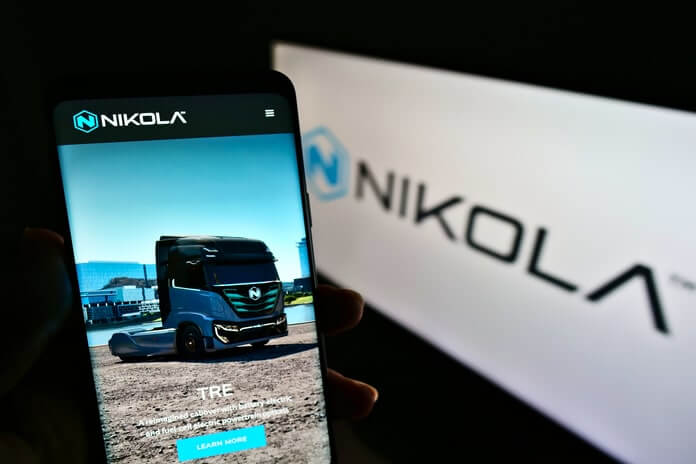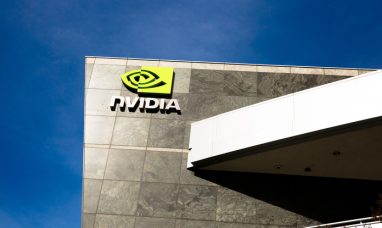On Thursday, a federal prosecutor urged jurors to convict Nikola Corp (Nikola stock) founder Trevor Milton of fraud, referring to him as a “con man” who lied about the low-emission vehicle company to defraud ordinary investors. The prosecutor’s statement came after the prosecutor called Milton a “con man.”
In the trial of Milton, which began a month ago in New York City, both the prosecution and the defense have presented their closing arguments.
Beginning in November 2019, according to Assistant U.S. Attorney Jordan Estes, Milton misled investors regarding the manufacturer of electric and hydrogen-powered trucks and their respective technologies. In September 2020, Milton resigned from the firm following a study by short-seller Hindenburg Research that labeled the company a “fraud.”
Marc Mukasey, a counsel for the defense, testified before the jury that the prosecutors had distorted Milton’s claims regarding Nikola’s aspirations to shake up the automobile business. Mukasey said that the prosecutors had done this intentionally.
“It’s a distortion to claim that Trevor Milton wanted to commit fraud when the representations he made were about the Nikola business model,” Mukasey said. “It’s a misrepresentation to say that Trevor Milton planned to do fraud.”
Mukasey noted that even if Milton “fell into the improper grammatical tense” occasionally, other leaders did the same thing.
Estes provided a summary of the evidence presented throughout the trial, including the testimony of particular retail investors whom the prosecution said Milton targeted in podcasts, interviews, and social media.
Estes referred to Trevor Milton as a scam artist while speaking. It’s possible that his lies were told on social media, but he was a con artist in the traditional sense.
During the trial, the prosecutors claimed that Milton made false statements about Nikola’s progress in developing its technology. This occurred around the time the company joined the growing number of technology and electric vehicle companies going public through special purpose acquisition vehicles or SPACs.
They also said that Milton made improper statements, such as saying that Nikola built an electric- and hydrogen-powered “Badger” pickup from the “ground up,” developed batteries in-house even though he knew it was purchasing them elsewhere and had early success in creating a “Nikola One” semi-truck even though he knew it did not work. These are all false statements.
Milton and Boosting of Nikola Stock Price
Estes told the jury that Milton was preoccupied with the firm’s stock price and that he manufactured the assertions to boost both the stock price and his wealth.
Mukasey responded by stating that Milton had been transparent with high Nikola executives on his interest in the stock price and that these officials had appreciated his remarks in emails. According to Mukasey, Nikola didn’t start turning on its creator until after the federal investigation began against the company.
According to what Mukasey said, if you are the subject of an investigation by the government and want them to stop looking into your case, you should say what the government wants to hear.
The attorneys for Milton have also asserted that Nikola’s filings with the United States Securities and Exchange Commission made it abundantly apparent that the firm was in an early stage of development and that investments in it were fraught with a significant degree of risk.
This matter is now being heard in the United States District Court for the Southern District of New York as case number 1:21-cr-00478.
Featured Image: Megapixl © Timonschneider















